From Elon Musk's brain chips to saving Sumatran tigers – Here's your December 5 news briefing
To start off, we're looking into: G7 set oil cap but Russia says no – Since the Ukraine invasion, Europe has been trying to be less dependent on Russia's crude.
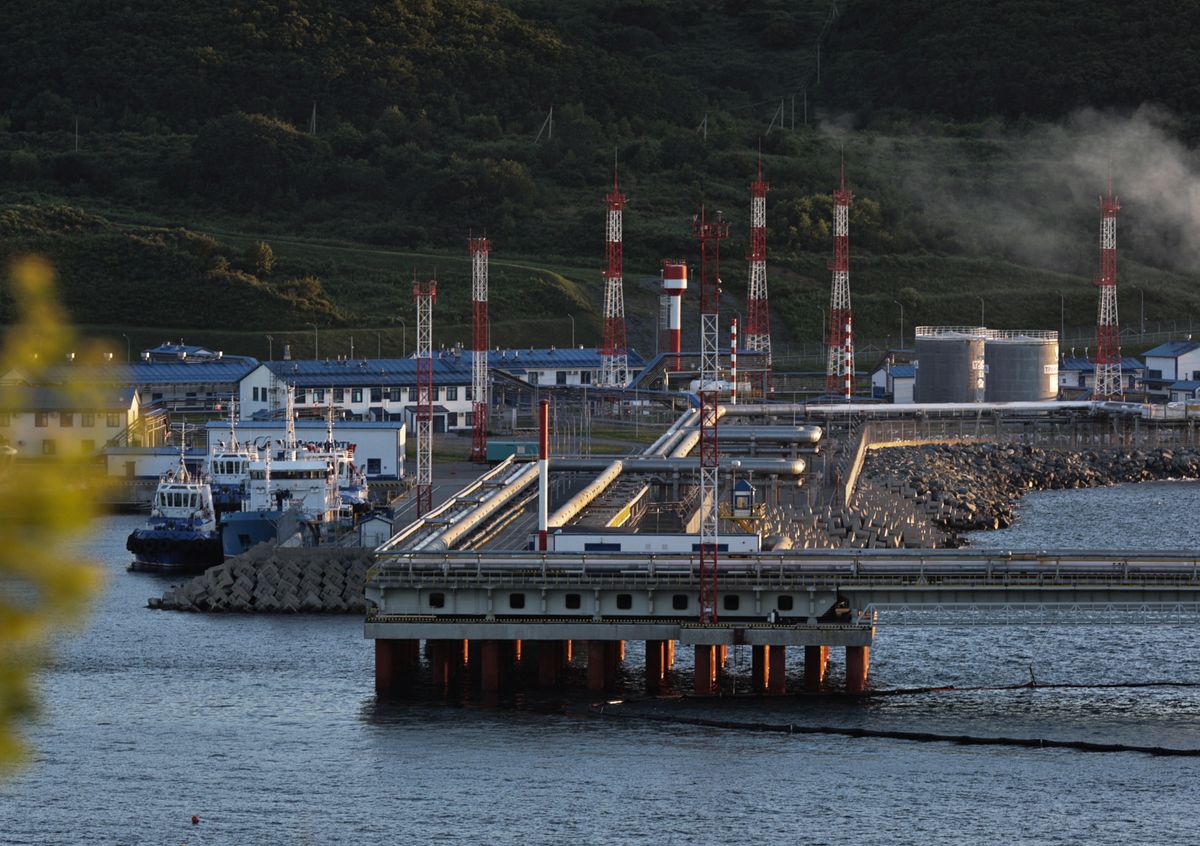
A few minutes every morning is all you need.
Stay up to date on the world's Headlines and Human Stories. It's fun, it's factual, it's fluff-free.
To start off, we're looking into:
G7 set oil cap but Russia says no
Since the Ukraine invasion, Europe has been trying to be less dependent on Russia's crude. But still, Russian oil demand remains pretty stable even with Western sanctions. And this means revenue is still flowing into Putin's coffers to fund the war.
In September, G7 nations announced a plan to cap the oil price at US$65-70 to reduce Moscow's profits. But, Poland disagreed and said that the price limit should be lower.
But, on Friday, G7 nations and Australia finally approved a plan after Poland agreed to support a cap that keeps the price 5% lower than the market rate – at US$60 per barrel for now.
After the announcement, Russia said it would not accept the price cap and it's deciding how to respond.
Human trials for Neuralink's bluetooth brain chip?

Elon Musk's Neuralink aims to connect human brains with computers. At its public presentation last year, the tech company showed the possibilities after implanting chips into monkeys' brains and letting them play video games (with their minds!). But, it faced backlash from animal activists after reports surfaced of monkeys dying during the testing. The company is now seeking US FDA approval to begin human clinical trials.
Last Wednesday, at an event at Neuralink's California headquarters, Musk said the company has submitted "most" of its paperwork to the FDA, and the wireless brain chip developed by Neuralink should be ready for human clinical trials within the next six months.
As for the FDA, it said it could not comment on Neuralink's application status.
China eases more COVID curbs
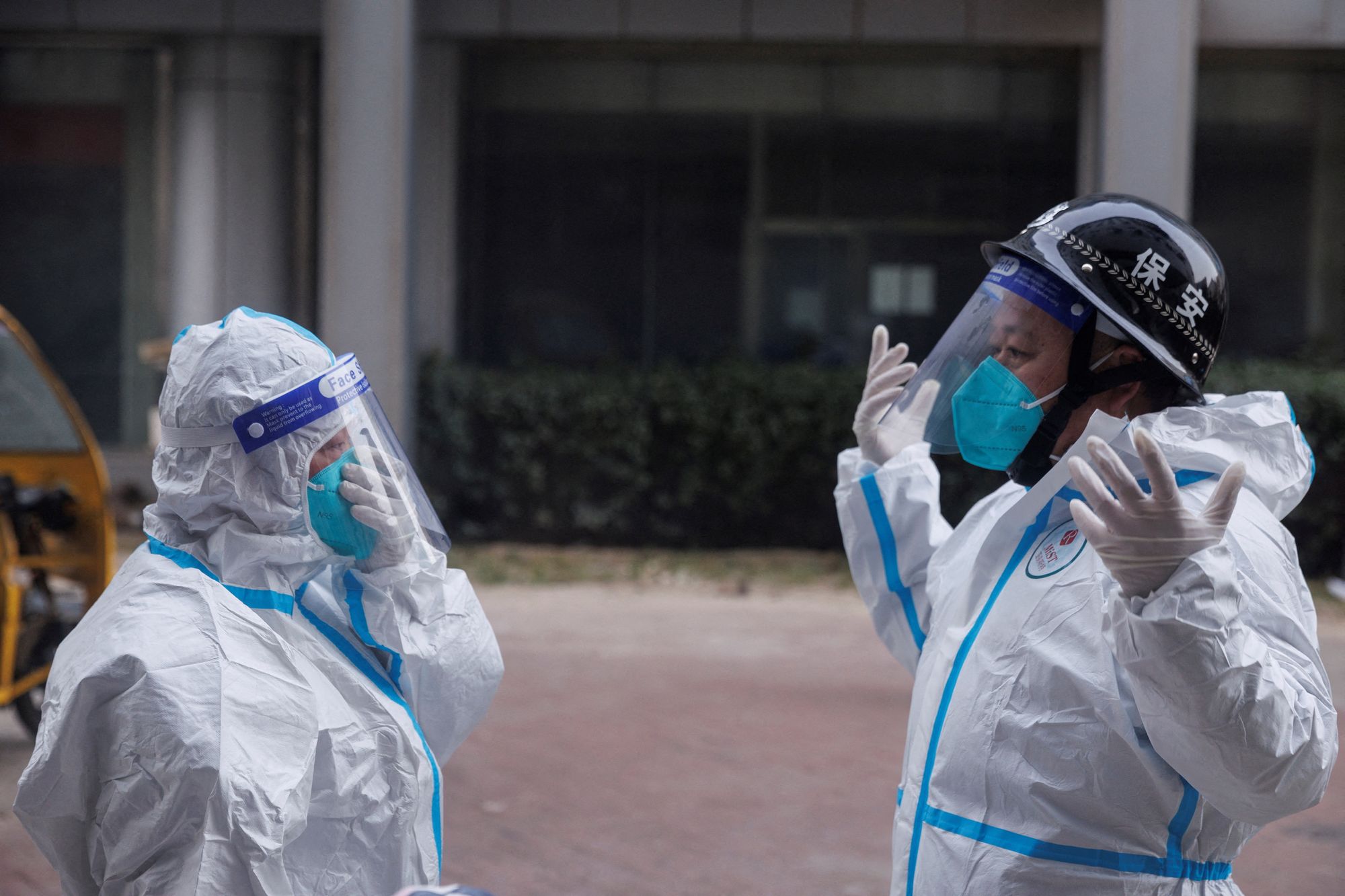
It's around the three-year anniversary of when COVID was first recognized in China. And China still has some of the strongest COVID curbs in the world to limit its spread. But, last week, officials in some places began to show signs of a turning point in the country's approach to COVID, as some lockdowns were lifted and other restrictions lessened to reduce the impact on daily life.
Now, it seems China is shifting direction when it comes to its COVID approach. For example, Shanghai is ditching PCR testing requirements to enter public outdoor venues and to go on public transit. Hangzhou and Zhengzhou also announced similar plans. And, in Beijing, buying fever, cough and sore throat medicine won't require registration anymore. In lots of places, people are now allowed to quarantine at home if they test positive for COVID rather than in a government facliity.
To end, we'll look into:
Saving Sumatran tigers
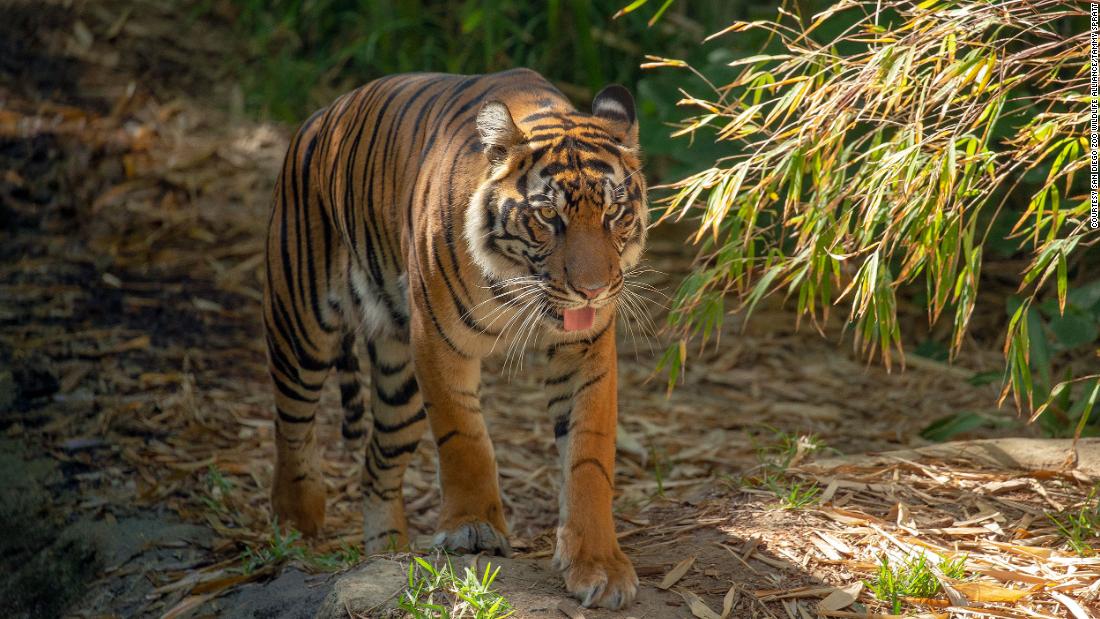
We're living in what's known as the sixth mass extinction. According to the World Wildlife Fund, "A mass extinction is a short period of geological time in which a high percentage of biodiversity, or distinct species ... dies out." And the fifth mass extinction happened about 65.5 million years ago (goodbye, dinosaurs), so why are we experiencing another one right now?
Well, this extinction event was brought on by human activity, with things like the unsustainable use of land, water and energy, plus the onset of climate change. About 30% of all land that sustains biodiversity is now used for food. Agriculture has caused 80% of global deforestation and makes up 70% of the planet's freshwater use, totally shifting wildlife activity. Currently, the species extinction rate is between 1,000 and 10,000 times higher than it's supposed to be naturally – without our help. Oof.
Many animals are in danger of extinction, which is part of why environmental sustainability is so important. But today, we want to talk about Sumatran Tigers, aka Sunda Tigers. They're on the "Critically Endangered" list, numbering less than 400 globally. They were once found across several parts of the Sunda islands in Indonesia but have been wiped out, except in patches of forest on the island of Sumatra. But deforestation and poaching are really hurting their numbers. While Indonesia has built up law enforcement and anti-poaching efforts to save the tigers, they're still in danger.
Still, researchers are doing their best to bring up endangered tiger populations. In fact, one report says wild tiger numbers have increased by around 40% over the last seven years. But their numbers are still devastatingly low.
One scientist, Dr. Mrinalini Watsa, a researcher with the San Diego Zoo Wildlife Alliance in California, is really changing things by studying these animals' paw prints. After taking samples of the tigers' paw prints, she can analyze their DNA. Watsa aims to use existing genome-sequencing tech for detecting individual tigers in the wild. She hopes this will make tracking (and counting) tigers in the wild easier.
"Now, instead of saying we've seen about 40 prints in this 3-kilometer-square (1.8-mile-square) area, actually you can see those 40 prints come down to four tigers and that gives us so much more power in terms of how we go about counting them," said Watsa.
In other news ...
🧕Changes in Iran: Iran will shut down its "morality police" after months of violent protests all over the country following the death of Mahsa Amini, who was held after being accused of violating the Islamic dress code. The government said it will also review the country's hijab law. Iran counts over 200 people who have died in the protests so far, although other groups say the number is higher.
🛢OPEC+ oil production: The OPEC+ oil producer alliance agreed to stick with its plan of rolling back oil production by 2 million barrels per day until the end of 2023. That's about 2% of global demand. This move was expected by energy analysts as Russia's oil revenue is threatened.
🌋Volcano eruption in Indonesia: Indonesia's highest volcano started erupting on Sunday. Monsoon rains eroded the lava dome at the top of Mount Semeru, leading to the eruption. While a few villages have been covered in ash, no one has died. Nearby residents have gone to temporary shelters and other safe areas. Its last eruption was last December, which led to 51 deaths.
💣Israeli warplanes attack Gaza: Israeli warplanes attacked parts of the Gaza Strip early Sunday after a rocket landed in southern Israel. Ten Palestinians have been killed by Israeli forces since last week. The EU's foreign policy chief, Josep Borrell, said he's "greatly concerned about the increasing level of violence in the occupied West Bank." But the Israeli military said the air raids were meant to target a weapons manufacturer and an underground tunnel belonging to Hamas.
📢Protesters in southern Syria: Dozens of demonstrators protesting the economic situation in Syria overran the governor's office in the city of Sweida on Sunday, running in against police. More than 200 people had been demonstrating outside the building earlier that day, denouncing Syrian President Bashar Assad. According to state media, tens of them raided the office, burning files and official papers.
🚚Protests in South Korea: On Saturday, thousands in Seoul protested against the government, resisting attempts to force truckers on strike back to work. They're striking after a clash over the price of freight. Saturday's marchers were mostly members of the Korean Confederation of Trade Unions, who said President Yoon Suk Yeol's conservative government is guilty of labor oppression and ignoring truckers' harsh work conditions and financial hardships.
🎨Ukraine Banksy theft: After a Banksy mural was stolen from a wall in Kyiv, Ukrainian officials arrested eight people. The piece showed a stencil image of a person wearing a nightgown and gas mask while holding a fire extinguisher. It was painted next to a fire-destroyed window. The art disappeared on Friday after the thieves cut it from the wall.
💻Kanye’s Reddit page goes woke: Kanye West is under fire for publicly defending Nazis and Hitler. Now, users on his subreddit have transformed the thread into a “Holocaust remembrance sub.” They’re distancing themselves from Kanye, posting about people who were imprisoned and killed in concentration camps.
🐢Happy 190th, Jonathan!: The oldest living land creature, a tortoise named Jonathan, celebrated his 190th birthday this weekend. He lives on the British island territory of Saint Helena, where he arrived in 1882 as a gift to the governor. He was already around 50 years old at that time. But some naturalists say he could be even older than 190 now, because that original estimate might’ve been wrong.
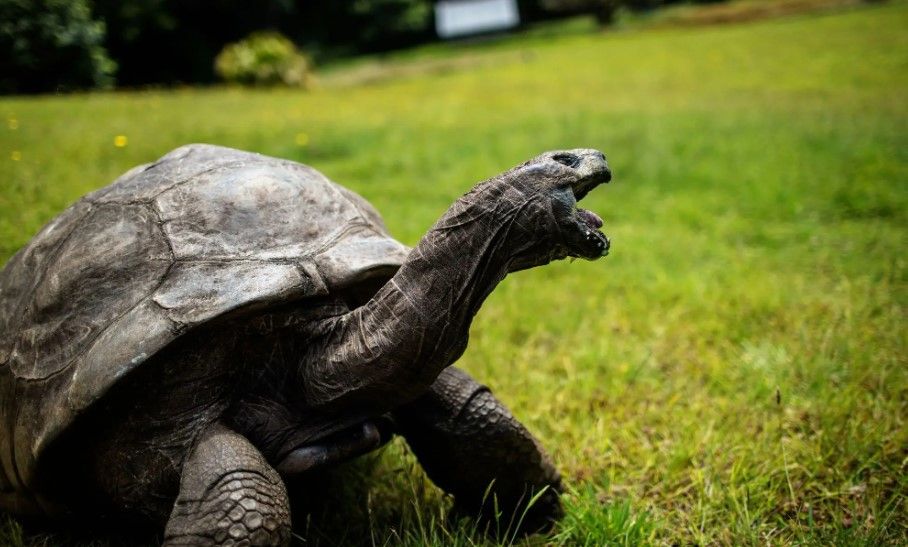
Written and put together by Joey Fung, Vanessa Wolosz and Christine Dulion



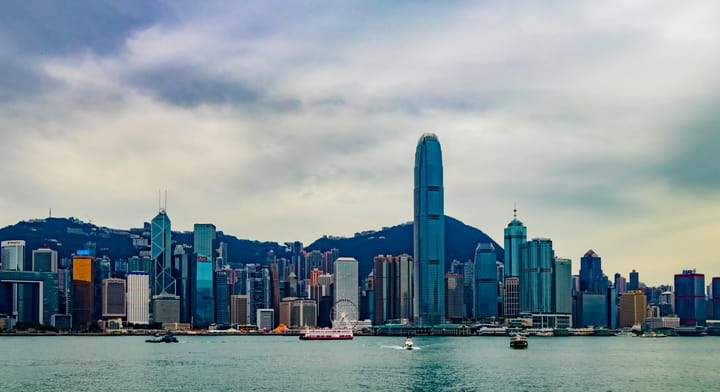
Comments ()